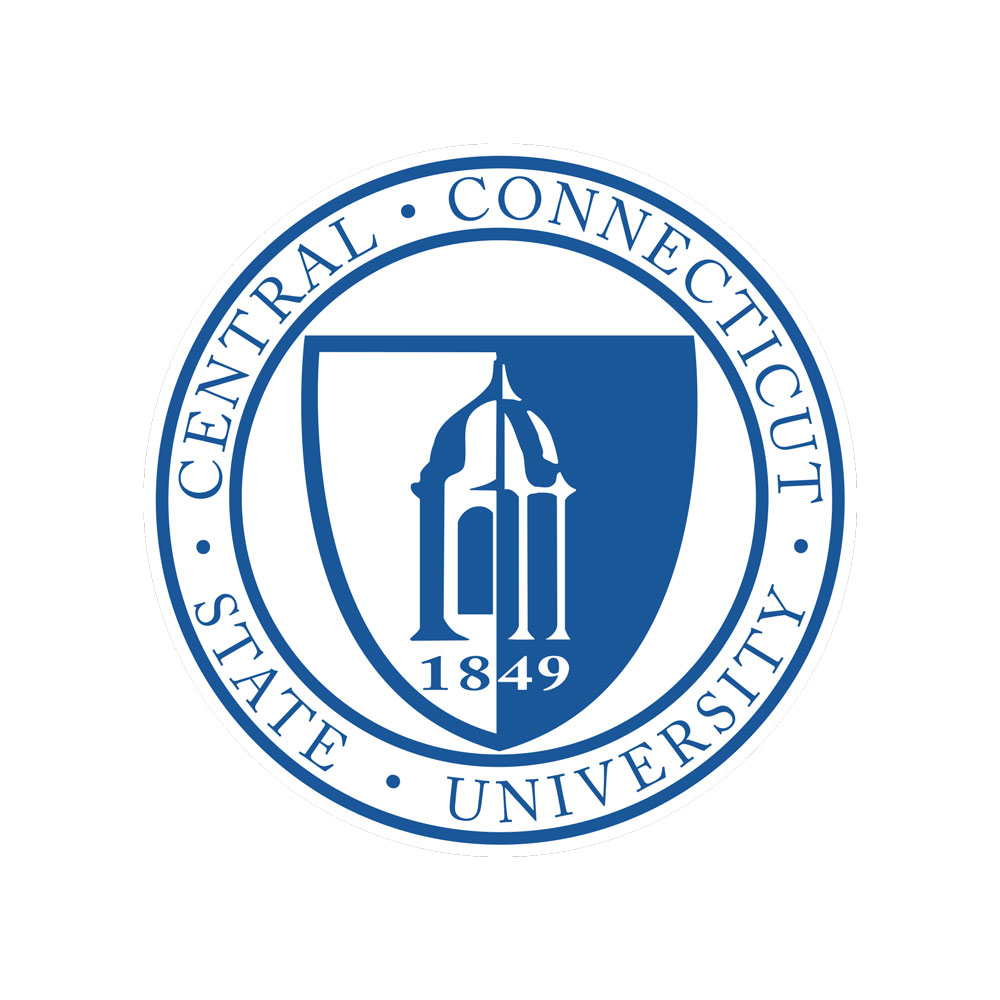
This is an unofficial description for this program. For official information check the Academic Catalog.
The Bachelor of Science in Electrical Engineering degree (BSEE) will recruit students from within the State of Connecticut, and the geographical region. The affordability and accessibility of CCSU will allow a diverse population to gain greater earning potential that will in turn promote economic growth.
The core requirements of the proposed BS in Electrical Engineering are standard in the School of Engineering, Science, and Technology. The Electrical Engineering program will build upon two other engineering programs within the School of Engineering, Science, and Technology: Bachelor of Science in Mechanical Engineering and a Bachelor of Science in Civil Engineering.
The educational goals of any engineering field include the awareness of societal impacts and individual responsibility. The decisions made during the practice of engineering can have far-reaching effects on the safety, health, and welfare of the population served and its environment. Given the emphasis on ethical conduct and responsibility to the larger community, the proposed program will advance and extend the graduate’s contribution to civic life in Connecticut’s communities.
The BSEE Program will seek accreditation by the Engineering Accreditation Commission of Accreditation Board for Engineering and Technology (EAC of ABET).
Graduates of the Electrical Engineering Program:
1.are technically proficient in the theory and practice of electrical engineering.
2.are effective communicators.
3.collaborate as members of multidisciplinary teams.
4.understand and demonstrate the need to continue learning throughout their professional careers.
5.understand the responsibility an engineer bears to society and are characterized by high standards of ethics and professionalism.
The B.S. in Electrical Engineering Program has the following Learning Outcomes:
1.an ability to identify, formulate, and solve complex engineering problems by applying principles of engineering, science, and mathematics
2.an ability to apply engineering design to produce solutions that meet specified needs with consideration of public health, safety, and welfare, as well as global, cultural, social, environmental, and economic factors
3.an ability to communicate effectively with a range of audiences
4.an ability to recognize ethical and professional responsibilities in engineering situations and make informed judgments, which must consider the impact of engineering solutions in global, economic, environmental, and societal contexts
5.an ability to function effectively on a team whose members together provide leadership, create a collaborative and inclusive environment, establish goals, plan tasks, and meet objectives
6.an ability to develop and conduct appropriate experimentation, analyze and interpret data, and use engineering judgment to draw conclusions
7.an ability to acquire and apply new knowledge as needed, using appropriate learning strategies.
Admission Requirements:
• Students must be ready to enroll in Calculus I (MATH 152). This requirement can be met by any of the following:
- Earning both a Scholastic Aptitude Test (SAT) Mathematics score of 620 or higher and a grade of B or better in a two-semester high school pre-calculus or calculus course.
- Earning a score of 3 or better on the Calculus AB or Calculus BC Advancement Placement exam.
- Earning a sufficiently high score on CCSU's Mathematics Placement Exam
- Credit transfer from an accredited two-year of four-year higher education institution of a Pre-Calculus course and a Trigonometry course with grades of C- or higher, or a combined Trigonometry/Pre-calculus course with a grade of C- or higher, or a Calculus course with a grade of C- or higher. (subject to equivalency evaluation of the courses).
- CT Community College students who successfully complete the full "Engineering Science" program and earn their Associates Degree will be automatically admitted to the Electrical Engineering program.
Major Requirements
Required Courses (58 credits)
EE 101 Electric Circuits I 3 Credits
EE 201 Electric Circuits II 3 Credits
EE 212 Fundamentals of Logic Design 3 Credits
EE 301 Signals and Systems 3 Credits
EE 312 Computer Systems 3 Credits
EE 313 Electric Energy Engineering I 3 Credits
EE 323 Electric Energy Engineering II 3 Credits
EE 324 Control Systems I 3 Credits
EE 330 Electromagnetics 3 Credits
EE 331 Introduction to Semiconductors 3 Credits
EE 333 Electric Machines and Motors I 3 Credits
EE 343 Electric Machines and Motors II 3 Credits
EE 351 Analog Circuit Design 3 Credits
EE 352 Signal Processing and Pattern Analysis 3 Credits
EE 353 Energy Storage Systems 3 Credits
EE 363 Renewable Energy 3 Credits
EE 401 Random Signals and Systems 3 Credits
Related Major Requirements (22 credits)
ENGR 150 Introduction to Engineering 3 Credits
ENGR 240 Computational Methods for Engineering 3 Credits
CHEM 161 General Chemistry 3 Credits
CHEM 162 General Chemistry Laboratory 1 Credit
MATH 222 Calculus III 4 Credits
MATH 226 Linear Algebra and Probability for Engineers 4 Credits
MATH 355 Introduction to Differential Equations with Applications 4 Credits
Study Area I (6 credits)
Literature
Study Area II (6 credits)
Study Area III (6 credits)
Study Area IV (8 credits)
Skill Area I (6 credits)
Skill Area II (8 credits)
Skill Area III
Skill Area IV (2 credits)
Directed Electives
Total Credit Hours: 125



